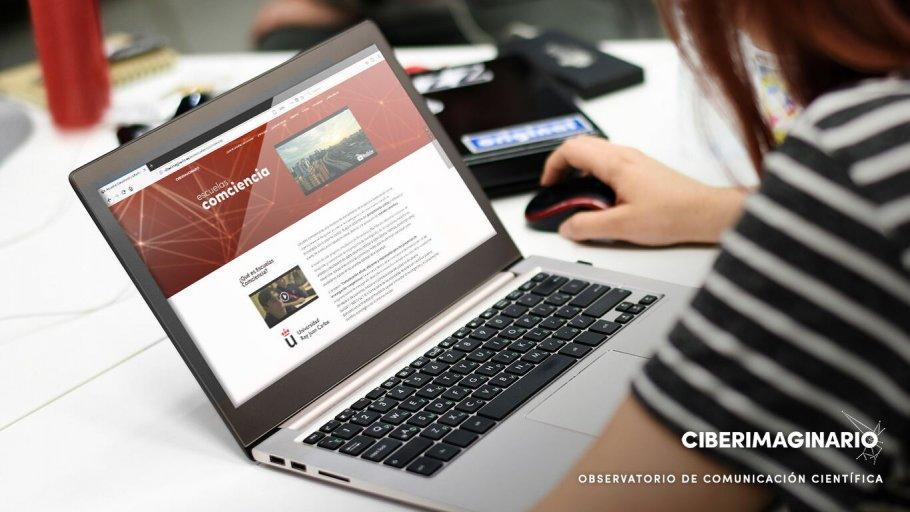
Every day we receive a large amount of scientific-technological information from multiple sources: comments on social networks, news in the media, whatsapp messages... This information is conditioning our conception of the world, and our positioning as citizens. But the danger lies in the fact that not all the information that we receive has been contrasted: often it is superficial and unreliable content that we share uncritically, due to the need for immediacy or the lack of knowledge to confirm its veracity. Therefore, it is essential to have critical scientific-technological knowledge and an informed judgment.
Critical thinking promotes the ability to interpret and evaluate the information we have around. Thanks to this, it is possible to better understand our environment, supporting our participation. In addition, it encourages decision making, both professionally and personally, in a reasoned manner.
These skills are especially necessary for citizens who will participate in work and democratic life in the coming years, so it is good to provide students with the right tools for that purpose. One option is to incorporate active learning techniques that promote open data use to obtain value through intuitive and easy-to-use information analysis and visualization tools.
An increasing number of countries are aware of the potential of open data for education. Therefore, they are starting to implement various initiatives to introduce open data into the school. This is the case of Northern Ireland, which launched a competition to promote innovative ideas on how to use Open Data to support teachers, Argentina with the initiative "School in the cloud: open data in the classroom", or Germany, whit a project to develop software applications that take advantage of open data potential. In Spain, similar initiatives are also being developed, such as the Escuelas Comciencia.
Escuelas Comciencia, critical thinking through the scientific method and open data use
Escuelas Comciencia seeks to "help connect research and scientific-technological knowledge with the school environment, developing critical and reflective thinking through education based on open data and the application of the scientific method." In order words, it is an opportunity to take advantage of open data banks as didactic resources for carrying out scholarly scientific research that develops critical and reflective thinking.
Currently the program focuses on Secondary and High School students. Through different sessions, students approach the reality of research projects using open data. These projects are divided into 4 phases, following scientific method: information search, data analysis (through ArcGIS Maps), report development and communication of the results. The research topics revolve around real cases, such as the local impact of industrial waste, climate change or consumption of GM foods in Spain.
In addition to fostering critical thinking, thanks to Escuelas Comciencia, students also acquire digital skills and abilities, which facilitates their active, responsible and safe participation in society and digital economy.
This initiative was created by the Observatory of Scientific Communication and Ciberimaginario research group from Rey Juan Carlos University and Castilla La Mancha University, with the participation of Esri Spain, among other companies and institutions.
Escuelas Comciencia highlights the potential of open data as a source of learning resources, improving collaboration and reflective skills development. Thanks to this, students become active subjects, with greater power to make decisions and actively participate in society.